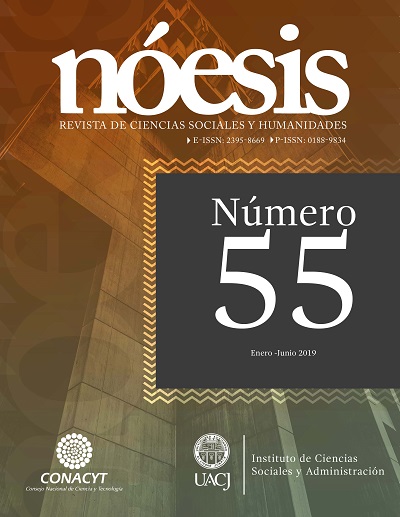Measuring precariousness at work in Mexico from 2005 to 2015, through Generalized Ordinal Logistic Model
In Mexico, there is a greater proportion of the population with better educational levels than a decade ago; however, this has not contributed to raise the living standards of workers. The empirical evidence found through the Generalized Ordinal Model shows that in 2015, compared to 2005, the probab...
Na minha lista:
| Main Authors: | , |
|---|---|
| Formato: | Artículo |
| Idioma: | spa |
| Publicado em: |
Universidad Autónoma de Ciudad Juárez
2022
|
| Assuntos: | |
| Acesso em linha: | http://erevistas.uacj.mx/ojs/index.php/noesis/article/view/1508 |
| Tags: |
Adicionar Tag
Sem tags, seja o primeiro a adicionar uma tag!
|
| Resumo: | In Mexico, there is a greater proportion of the population with better educational levels than a decade ago; however, this has not contributed to raise the living standards of workers. The empirical evidence found through the Generalized Ordinal Model shows that in 2015, compared to 2005, the probability of precarious conditions in Mexico has increased, that is, there is a greater proportion of workers experiencing a decrease in wages, a decrease in work benefits and an increase in working hours, regardless of the productive sector where they work, company size, age, sex, marital status and educational level. |
|---|---|
| ISSN: | 2395-8669 |
